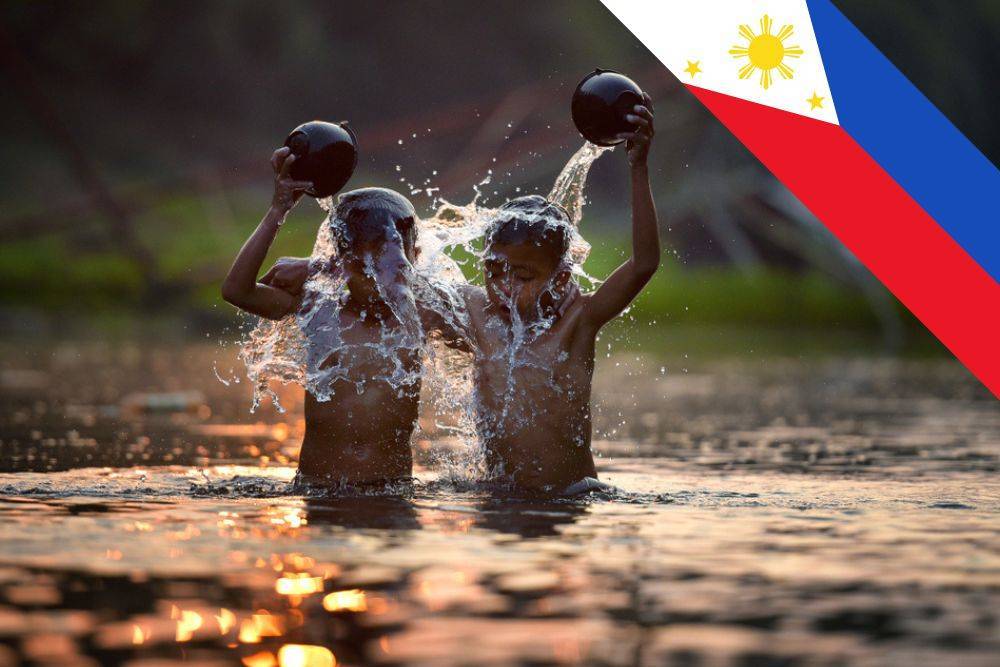Following the tragic death of a six-month-old baby reportedly due to “heatstroke,” the Department of Health (DOH) reiterated its call for vigilance.
They requested highlighted surveillance, especially by parents and guardians. The incident highlights the critical need for awareness and preventive measures during periods of intense heat.
DOH Stresses Vigilance Amid Rising Temperatures
DOH Assistant Secretary and Spokesperson Albert Domingo, during an interview with TeleRadyo Serbisyo, confirmed the possibility of heatstroke contributing to the infant’s death amid the soaring temperatures experienced across the nation.
“Actually, we did ask our epidemiologic and surveillance unit, the immediate cause of death written on the [six-month-old baby’s] record is respiratory failure unspecified,” Domingo stated. He also mentioned the potential factors that could lead to respiratory failure, complicating the diagnosis.
Heatstroke and Respiratory Failure
Domingo emphasised that while the exact cause of death is not yet confirmed, heatstroke cannot be immediately ruled out. “We’re not yet sure if that’s the case [heatstroke] but we’re not immediately ruling out that heat might be the cause,” he explained.
The Assistant Secretary elaborated on various factors that could precipitate respiratory failure, stressing the complexity in attributing a single cause to such incidents.
Vulnerability of Infants and Elderly to Heatstroke
Susceptibility of Infants to Heatstroke
Responding to questions about the susceptibility of a six-month-old baby to heatstroke, Domingo affirmed that both very young children and the elderly are particularly vulnerable. Infants, such as six-month-old babies, have underdeveloped thermoregulation systems, making it difficult for them to manage their body temperature effectively. Their small body size and higher body surface area relative to weight cause them to absorb heat more rapidly. Additionally, infants cannot communicate their discomfort or hydrate themselves, increasing their risk during hot weather.
Vulnerability of the Elderly to Heatstroke
Elderly individuals also face heightened vulnerability to heatstroke. Ageing affects the body’s ability to regulate temperature, primarily due to decreased sweat production and changes in skin blood flow. Many elderly people may have underlying health conditions or take medications that impair their ability to respond to heat stress. They might also have a diminished sense of thirst, leading to dehydration, exacerbating their susceptibility to heat-related illnesses.
Importance of Monitoring and Preventive Measures
Domingo emphasised the importance of monitoring and protecting these at-risk groups during extreme heat events. “Both very young children and our elderly are usually the ones affected by heatstroke,” he stated, highlighting the need for vigilant care and preventive measures such as ensuring adequate hydration, avoiding strenuous activities during peak heat, and staying in cool environments. Public health initiatives often focus on educating caregivers and communities about the signs of heatstroke and the critical steps to take to prevent it, particularly for these vulnerable populations.
Immediate Actions and Medical Assistance
He also highlighted the importance of noting any changes in sleep patterns and breathing rates.
Domingo stressed the need for immediate medical assistance if parents observe irregularities in their child’s breathing or pulse. “But if it’s excessively fast or slow, or if the pulse is irregular, we should also listen to that. If it seems to weaken or speed up, we should call for help,” he stressed.
Appropriate Initial Responses
Domingo advised against traditional methods like immersing babies in water, recommending instead using damp towels and ensuring proper ventilation. He also underscored the importance of breastfeeding as a means of hydration for infants in distress. As part of the initial treatment, Domingo recommended moving the baby to a cooler environment to help alleviate symptoms and prevent further complications.
The DOH’s renewed advisory serves as a crucial reminder for parents and guardians to remain vigilant and proactive in protecting young children and the elderly from heat-related illnesses, particularly as temperatures continue to rise.
Have a pressing question for a doctor? Medical Channel Asia has launched a community forum page where you can get questions answered by a medical specialist. Visit the community forum here.

